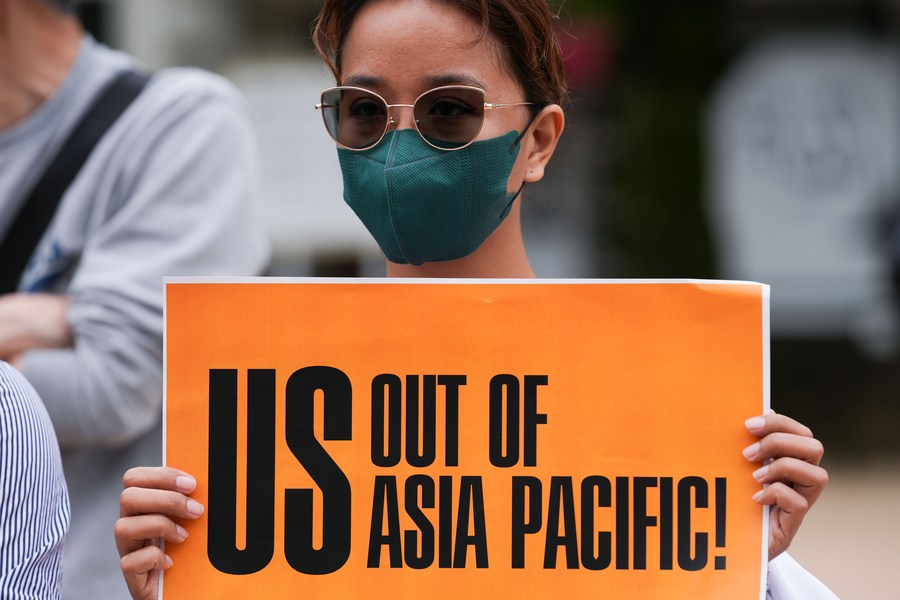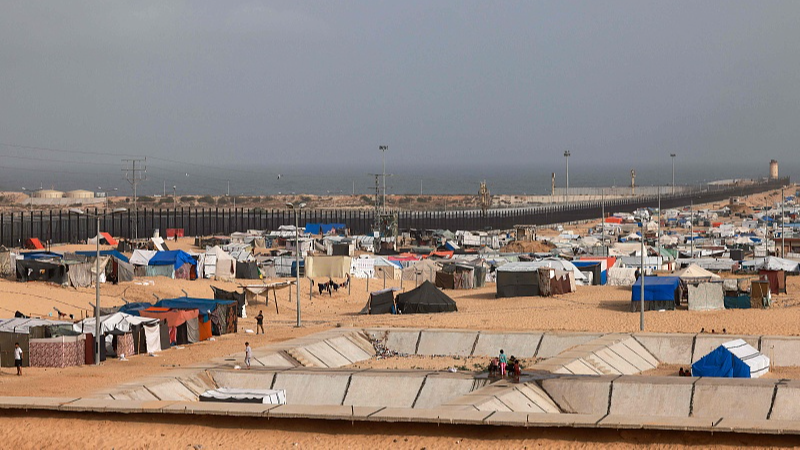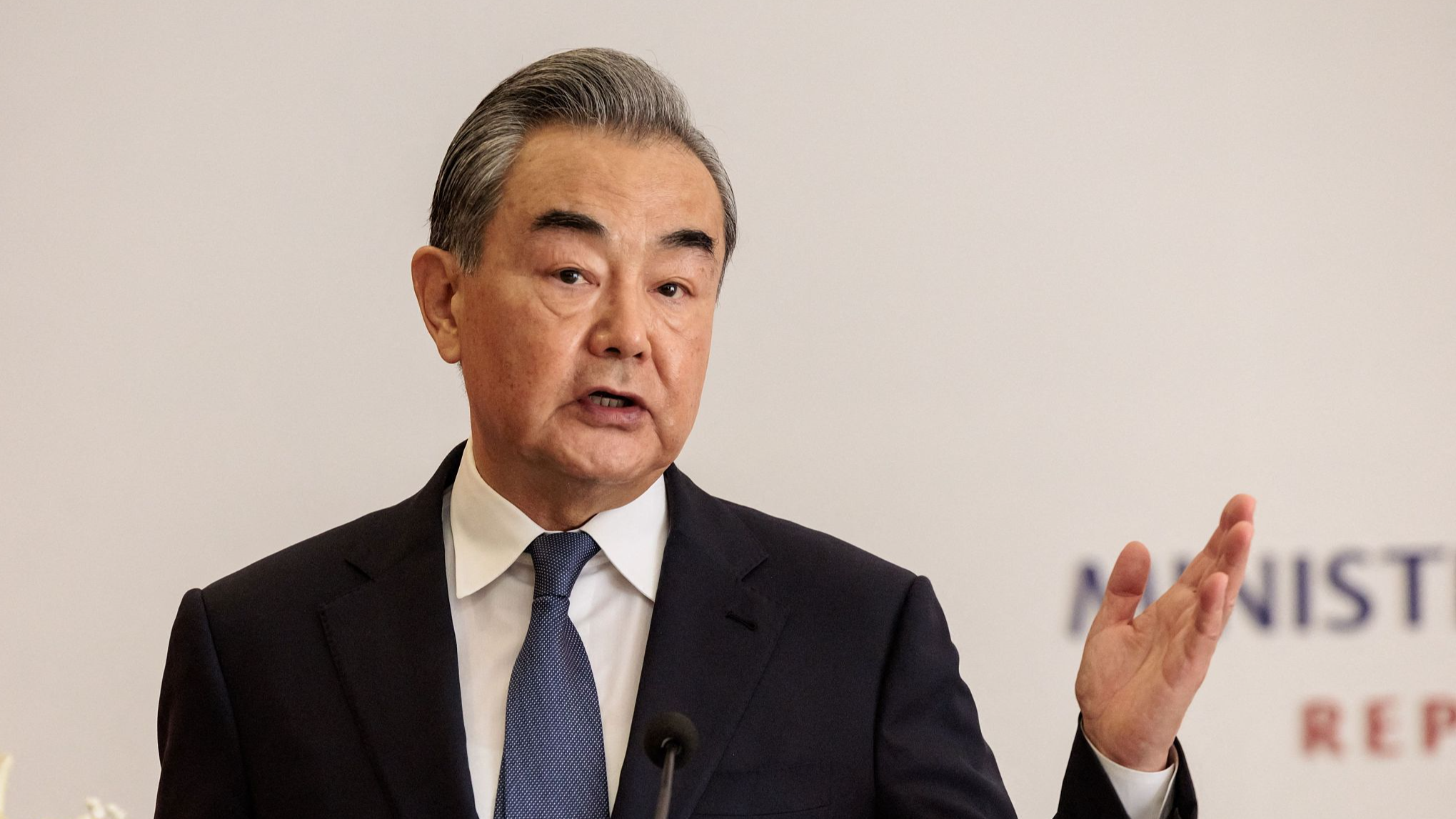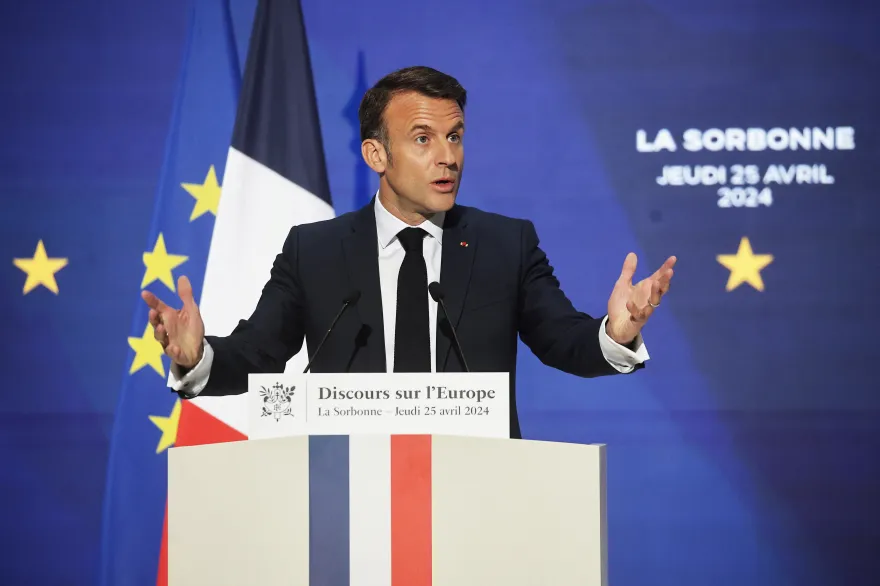The so-called “de-risking” is, in essence, “de-sinicization” and “reversing globalization.”
The international community has issued stern warnings over the global risks caused by the “de-risking” rhetoric.
BEIJING, June 3 (Xinhua) — Despite its much hyped rhetoric of the so-called “looking to de-risk and diversify,” the United States has in deed hastened its scheme to “decouple from China.”
Now by roping in more allies, Washington seeks to forge a parallel system to shut China out from such fields as global economy and trade, as well as advanced technology.
Designed to hoodwink the world into the ostensible purpose of “de-risking,” Washington’s scheme may well incur enormous risks to the deeply-integrated global economy and supply chains, spurring further division and untended losses across the world.
Following the Group of Seven (G7) summit in Hiroshima, Japan, the United States convened a so-called “Indo-Pacific Economic Framework (IPEF)” ministerial meeting on May 27, calling on trade ministers of 14 countries to form a council to coordinate supply chain activities and a so-called “Crisis Response Network” to give early warnings to “IPEF” countries of potential supply disruptions.
Four days later, the U.S.-EU Trade and Technology Council (TTC) held its fourth ministerial meeting, in which America and the EU agreed to enhance collaboration “to address non-market policies, practices, and economic coercion.”
The United States, through these multilateral meetings, attempted to frame China as posing the alleged “potential risks,” so as to “de-risk” and in actuality contain China.
The so-called strategy of “de-risking,” as the Foreign Affairs magazine pointed out, aims to achieve three broad goals to contain China — limiting China’s abilities in strategic sectors that have national security implications, such as cutting-edge semiconductors and other advanced technologies; reducing Beijing’s leverage over the West by eroding Chinese dominance of the market for certain essential inputs, including critical minerals; and restricting the influence of the Chinese market in the world. The essence of “de-risking” is to create “a small yard with high fences” targeting China and make a more refined attempt to “decouple economies or sever supply chains,” with the aim of excluding and suppressing China.
The international community has issued stern warnings over the global risks caused by the “de-risking” rhetoric. Singaporean Deputy Prime Minister Lawrence Wong has pointed out that “de-risking” instead of “decoupling” from China will also lead to a more fragmented and “decoupled” world economy, arguing that a fragmented global economy would split the world into mutually competing regional blocs, and there would be less trade, investment and the spread of ideas, all of which are key to the world’s economic progress.
So, is it actually feasible for the United States to promote “de-sinicization” in the name of “de-risking”? The answer is definitely no. There are at least three hurdles that the United States can hardly overcome.
First, it’s hard to change the mutually beneficial market structure for Chinese and U.S. companies. After all, it’s their nature for companies to pursue profits, and they will not blindly follow government orders that run against market rules. Second, for consumers, the absence of “Made in China” products would mean higher prices and more severe inflation. Finally, while Washington schemes to instigate allies to contain China together, it is not in the interest of most countries, including European nations, to do so and the costs would be extremely high.
The so-called “de-risking” is, in essence, “de-sinicization” and “reversing globalization.”
China is the world’s second-largest economy, a major trading partner of more than 140 countries and regions, and the largest manufacturing country. The world cannot do without China. Ignoring such reality, the United States has been coercing other countries into taking sides, which not only seriously disrupts the global market, but also threatens the stability of the global production and supply chain.
Besides, as China has developed ever-closer economic ties with the rest of the world, the cost of “de-risking” or “decoupling” from China is actually far greater than some countries can expect and afford. More importantly, for much of the world, China is not a risk but a source of opportunities.
Over the past four decades of reform and opening-up, China has accumulated huge advantages in infrastructure, market size, talent pool and industrial clusters. China has been a magnet for global commercial forces.
During his China visit in late May, Tesla’s founder Elon Musk praised the country’s vitality and potential, voiced confidence in the Chinese market, and expressed his willingness to deepen cooperation.
Echoing Musk, other international business tycoons like Jamie Dimon, chairman and CEO of JPMorgan Chase, and Laxman Narasimhan, new global CEO of the U.S. coffee giant Starbucks, have also expressed their hopes of expanding business in the world’s second-largest economy.
Under no circumstances could crafty word games, employed by Washington’s China hawks, serve to break market rules, cut industrial links, or block exchanges between China and other countries, let alone impede China’s peaceful development. Any attempt to alienate China from the rest of the world is fated to come to naught.
Source(s): Xinhua

 News4 days ago
News4 days ago
 News4 days ago
News4 days ago
 News6 days ago
News6 days ago
 News4 days ago
News4 days ago
 News5 days ago
News5 days ago
 Travel & Culture7 days ago
Travel & Culture7 days ago
 News6 days ago
News6 days ago
 Sports6 days ago
Sports6 days ago


















